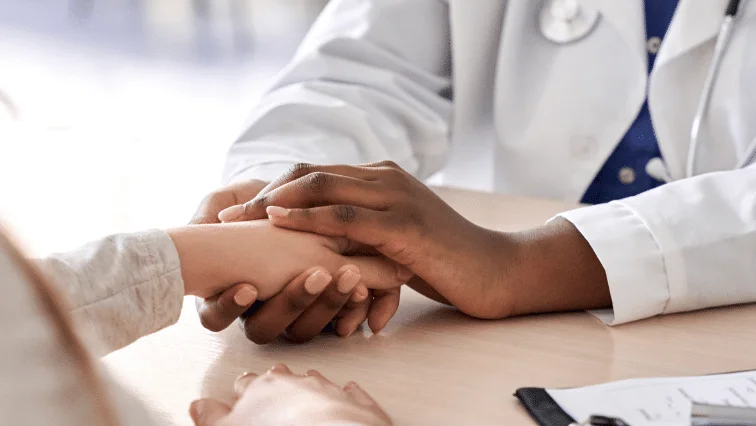Addiction Treatment

Treatment for addiction involves a comprehensive approach that addresses physical, psychological, and behavioral aspects of the disorder. The specific treatment plan can vary based on the substance being abused and individual needs. Here are key components of addiction treatment:
- Detoxification (Detox):
- For substances with withdrawal symptoms, medically supervised detox may be necessary to safely manage withdrawal and minimize discomfort. Detox helps individuals become physically stable but is not sufficient as a standalone treatment.
- Behavioral Therapies:
- Cognitive Behavioral Therapy (CBT): Helps individuals identify and change negative thought patterns and behaviors that contribute to addiction.
- Motivational Interviewing (MI): A client-centered approach that helps individuals explore their motivations for change and increase commitment to recovery.
- Contingency Management: Rewards positive behaviors, such as drug-free urine tests or attending therapy sessions, to reinforce abstinence.
- Dialectical Behavioral Therapy (DBT): Combines cognitive-behavioral techniques with mindfulness to address emotional regulation and coping skills.
- Support Groups and Counseling:
- 12-Step Programs: Groups like Alcoholics Anonymous (AA) and Narcotics Anonymous (NA) provide a structured support network focused on abstinence and spiritual growth.
- SMART Recovery: Offers science-based tools for managing addictive behavior and building a balanced life.
- Individual Counseling: Provides a safe space to explore underlying issues and develop coping skills.
- Medication-Assisted Treatment (MAT):
- Medications like methadone, buprenorphine, and naltrexone can be used to help manage cravings and withdrawal symptoms for opioids or alcohol.
- Disulfiram, acamprosate, and naltrexone are approved for alcohol use disorder treatment.
- Dual Diagnosis Treatment:
- Addresses co-occurring mental health disorders alongside addiction, as these often contribute to substance abuse.
- Family Therapy:
- Involving family members can improve communication, understanding, and support for the individual in recovery.
- Holistic Approaches:
- Incorporates practices like mindfulness, yoga, meditation, and exercise to promote overall well-being and stress management.
- Rehabilitation Programs:
- Inpatient or residential programs offer intensive treatment, structure, and support in a controlled environment.
- Outpatient programs allow individuals to receive treatment while living at home.
- Aftercare and Support:
- Continuing therapy, attending support groups, and maintaining a strong support network are crucial for long-term recovery.
- Relapse Prevention:
- Learning to identify triggers, develop coping strategies, and manage cravings helps individuals prevent relapse.
- Personalized Approach:
- Treatment plans should be tailored to individual needs, considering factors like the type of substance, severity of addiction, and underlying issues.


